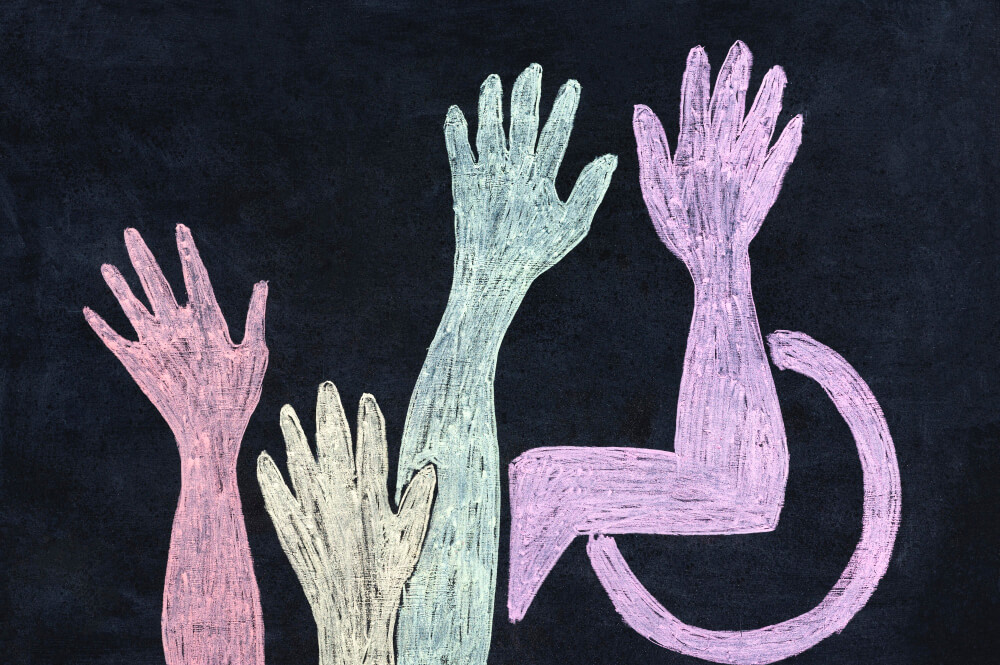
Polyvagal Theory
Stephen Porges is a neuroscientist and author of The Polyvagal Theory, which explores how the autonomic nervous system—particularly the vagus nerve—shapes our responses to safety, threat, and connection. His work has significant implications for understanding and supporting children with sensitive or dysregulated nervous systems, especially those who are autistic, trauma-impacted, or otherwise neurodivergent. Porges’ theory helps explain why punitive approaches often backfire and why co-regulation, predictability, and felt safety are essential for learning and trust.
-
Beyond blame: reimagining discipline in a trauma-informed world
Collective punishment is neither effective nor ethical. It disciplines the group for the actions of one, eroding trust and reinforcing the very dynamics of power and fear that trauma-informed practice seeks to heal. In its place, we need something older and deeper—an approach to discipline rooted in relationship, regulation, and repair. Indigenous teachings and relational…
-
The cost of compliance – the foundational critique and case for change
When children are dysregulated, the response from educators is too often punitive. For neurodivergent students in particular, the cost of these responses is high: shame, trauma, social exclusion, and a deep erosion of trust. But it does not have to be this way. Restorative alternatives are not new. They are ancient practices found in many…

